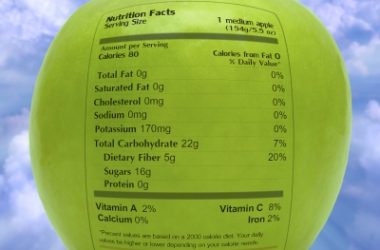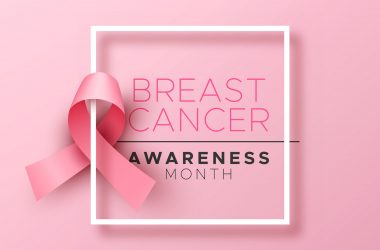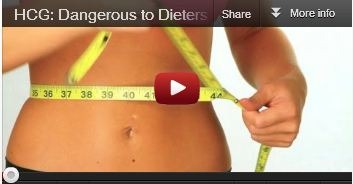One of the most frequently asked questions I’m asked is “What’s the Best Diet”? Over the years, my response has varied depending on what point in time I was asked, since the scientific evidence has evolved over the years. My answer would also vary based on what the inquirer meant by ‘Best Diet’ such as magic bullet for quick weight loss vs. an evidenced-based sustainable solution that leads to maintaining a healthy weight and optimal health.
Generally, lifestyle shifts that lead to sustained weight loss and increased lean body mass are associated with long term health benefits and vitality. However, many “Diets” are not sustainable, and others are outright dangerous.
Let’s review some of the worst and best dietary practices. Be sure to read to the end to discover the BEST avenue for sustainable weight loss.
The WORST Diets
Caloric Restriction and Portion Control
Caloric restriction and instituting portion controls are among the oldest strategies for losing weight. They are generally non-sustainable and therefore have at-best, transient benefits. As a result, there is an emergence of a variety of weight loss strategies and gimmicks.
Atkins Diet
The classic Atkins Diet has long been chosen for acute weight loss. Many find it an attractive alternative since there is no need to count calories or institute portion control. Just avoid eating carbs and eat a high protein, high-fat diet, typically animal-based.
Hunger and cravings improve, and you don’t have to keep track of anything. However, it has become clear that the Atkins Diet in its pure form is unhealthy and has been shown to be associated with an increased risk of cardiovascular disease. In recent years, Atkins has been modified to include small amounts of carbs.
HCG Diet
The HCG Diet, which involves injecting or ingesting HCG, human chorionic gonadotropin (the hormone of pregnancy), into the body along with a “starvation-like” diet, consuming between 500 to 800 calories per day. The HCG Diet is ineffective for sustained weight loss and has been shown to be dangerous.
Keto or Ketogenic Diet
A Keto or Ketogenic Diet is a high fat, low carb diet that is currently in vogue, but the evidence demonstrates that it is NOT healthy and over time the high-fat content actually leads to weight gain and increased body fat.
Intermittent Fasting
Without going into the details, intermittent fasting can lead to similar weight loss compared to caloric restriction diets, but both have a high drop off over time and lack sustainability. Neither caloric restriction nor intermittent fasting lead to sustained weight loss.
Intermittent fasting has been shown to increase LDL cholesterol, which increases the risk of cardiovascular disease. Intermittent fasting has been associated with an increased occurrence of hypoglycemia in diabetic patients and may also alter the effect of certain medications.
The BEST Diets Include…
Mediterranean Diet
For years if asked, “What’s a healthy diet?”, I would answer the Mediterranean Diet. A Mediterranean Diet consists of vegetables, fruits, beans, grains, herbs, nuts, moderate amount of eggs, dairy, chicken and seafood, and very little red meat.
A Mediterranean Diet traditionally includes olive oil and modest wine intake. It has long been associated with longevity and improved health outcomes, when employed as a lifestyle, compared to a Western Diet. Just like any diet, if it is not embraced as a way of life, the benefits are not conveyed.
Plant-Based Whole Food Diet
A Whole Food (meaning minimally processed) Plant-Based Diet has long been shown to be a healthy diet. When adhered to, a plant-based whole food diet leads to sustained weight loss and improves individual health by reducing the incidence of cardiovascular disease, type 2 diabetes and the development of certain cancers.
A plant-based diet is associated with reduced insulin resistance and improving insulin function leading to lower insulin levels and reducing cholesterol, including LDL (bad cholesterol). All of this has been shown to be achieved without restricting calories or limiting food portions i.e., no measuring or counting calories.
The key to its long-term safety and success is for vegans to be aware of getting the full complement of essential amino acids. By selecting complementary foods and by supplementing with Vitamin B-12, this diet can be sustainable.






